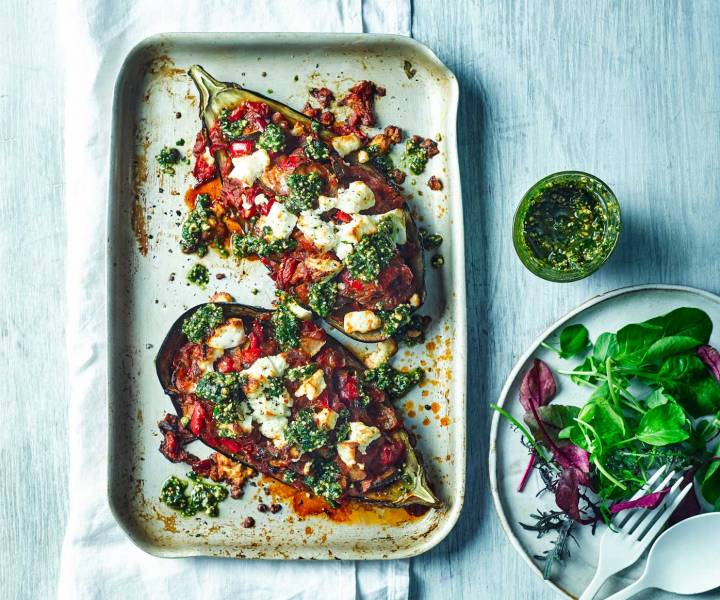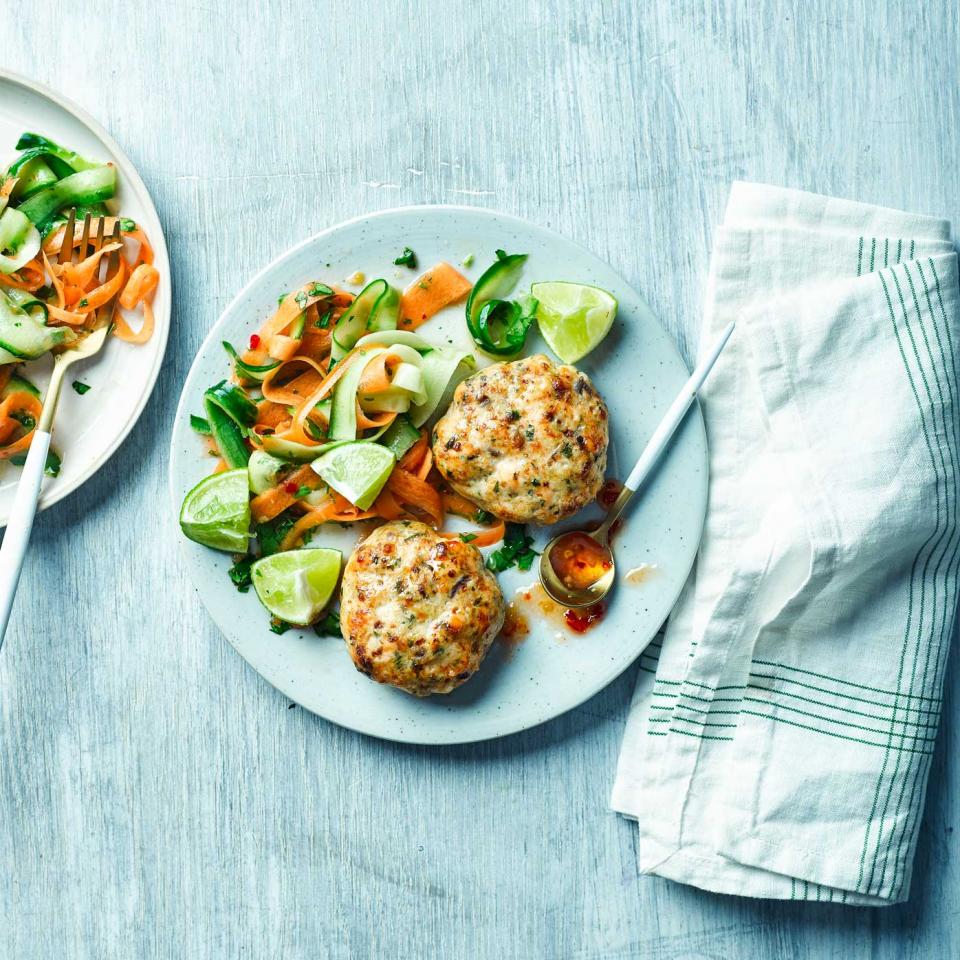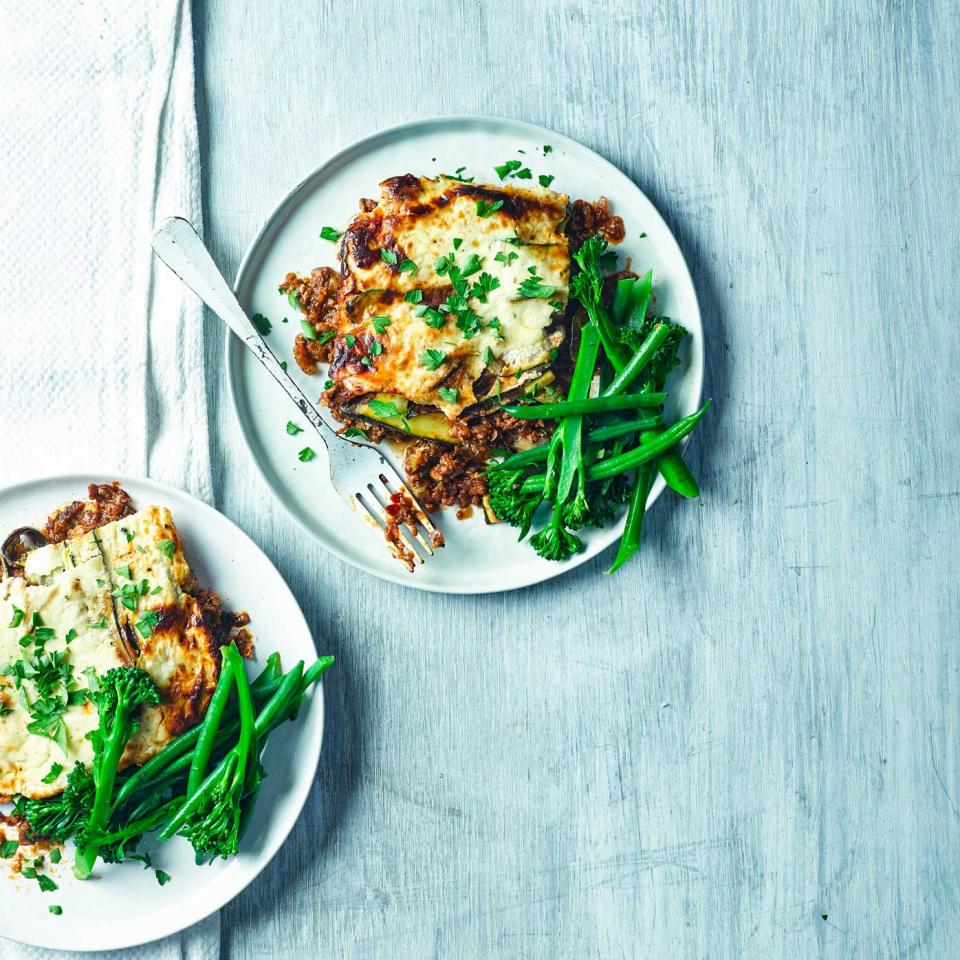Health
Is it time to cut the carbs?
by Jessica Salter

It’s not just the cast of TOWIE who are vowing ‘no carbs before Marbs’. For those of us who diet before going on holiday, cutting out starchy food offers an uncomplicated, speedy way to lose weight. Low-carbing has been trussed up in different ways, from the Scarsdale diet in the 1980s, Atkins in the 1990s, Dukan and South Beach in the noughties.
Stripped back to basics, they boil down to the same thing – sticking below about 70g of carbohydrates a day by binning starchy food. ‘Low-carb diets have been shown to work for a quick fix and so they are popular before big events or holidays,’ says nutritionist Angelique Panagos, author of The Balance Plan (Aster, £20). Studies back this up, including one by the UT Southwestern Medical Center in Texas: after 14 days, participants lost an average of 10lbs.
So, how does it work? ‘Eating fewer carbohydrates lowers insulin levels, which control blood sugar and energy levels,’ explains Panagos. ‘As insulin levels drop, the body gets much more efficient at burning fat for energy, resulting in fewer pounds on the scales. ‘Plus, eating more protein keeps us fuller for longer; it releases satiety hormones and reduces our appetite.’ But before you decide that swerving the potato salad and stocking up on meat, fish and greens are the best ways to shift a stone, remember it’s not that simple. A whole range of foods contains carbohydrate, from broad beans (5g of carbohydrate per 100g) to apples (11g of carbohydrate per 100g).
So to keep carbs below the magic 70g mark, you have to restrict many nutritious whole foods, which can leave you without enough fibre and other nutrients. This also makes the diet extremely difficult to follow long-term, says Dr Duane Mellor of ? Coventry University. ‘It’s about more than willpower. It’s about food preferences and lifestyle; who you eat with and how you eat.’

Long-term, Panagos says, a very low-carb diet is too restrictive for most of us to sustain. She also points to a recent clinical study that suggested there was little difference between the results of a low-fat and low-carbohydrate diet; both work well, so long as people stick to them and eat a healthy diet with plenty of vegetables. In fact, research suggests that carb sensitivity varies; some of us can process carbs well, and cope with a moderate consumption, while others should cut back on carbohydrates to reduce their risk of obesity or diabetes.
Geneticist Dr Sharon Moalem advises an easy test to check: chew on a cracker until it changes taste and starts to become sweeter. If the taste changes in under 30 seconds, then the likelihood is you process carbs well. If the cracker doesn’t change taste after 30 seconds, your body is less good at processing carbs, and eating too many will lead to weight gain and health issues.

There are also a number of tweaks you can make to your diet before you ditch the bread and pasta completely. Nutritionists recommend rye bread over a mass-produced loaf as it uses wholegrains, which contain gut-friendly resistant starch. Scientists have also recently discovered that microwaving and freezing carbohydrate food can turn refined carbs into resistant starch, which is not only healthier but also, amazingly, less calorific – research shows that your body only takes about half the calories from this as it does from refined food. ‘While cutting carbs before a holiday may lead to weight loss, long-term a mindful approach to a balanced diet is the best strategy,’ says Panagos.
Don't miss our low-carb recipes from Dale Pinnock, aka the Medicinal Chef:












